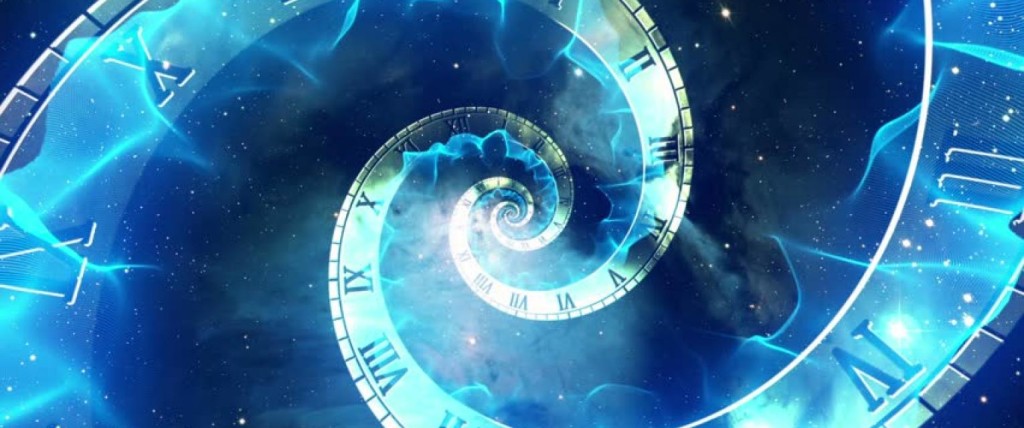
The truth is, I write to learn things. When I decided to set Lizzie Boylston down in a time and place, I chose Braintree, Massachusetts, during the revolution because it was a time and place I wanted to know about. I wanted to know about the lives of the illustrious Adams family as well.
My motivation to write Our Own Country came just after I finished The Midwife’s Revolt. I had written this none-too-pleasant character, Eliza Boylston, Lizzie’s sister-in-law. But the more I thought about her, the more I wanted to know who she was: what events made her into the harsh-seeming young woman she was; why she nonetheless made some shocking and unusual choices.
Finally, I wrote A More Perfect Union primarily to learn about the 1800 election, which I had falsely assured my father, shortly before he died, that I knew all about. I didn’t—but it was hard to admit ignorance to this knowledgeable (and judgmental) man. So A More Perfect Union was, in a way, an act of learning-as-atonement.
But, of course, there’s more to this story. There are other things I love about writing historical fiction.
I love the magic of immersing myself in research without allowing myself to think about characters or plot. And yet, somehow, the act of researching my chosen time period energizes and grows my characters behind the scenes, as it were. By the end of several months of research, I usually have my characters and their story well in hand thanks to no conscious effort on my part. If this isn’t magic, I don’t know what is.
Finally, there’s nothing I love better than to live in a different world for long stretches of time. Precisely why this is so would involve a long answer. While my “real” world is loving, happy, and filled with beauty, it seems I will forever need an escape hatch into another time and place. I am a time traveler; and, once you have the experience of traveling somewhere through time, you can’t ever go back.
